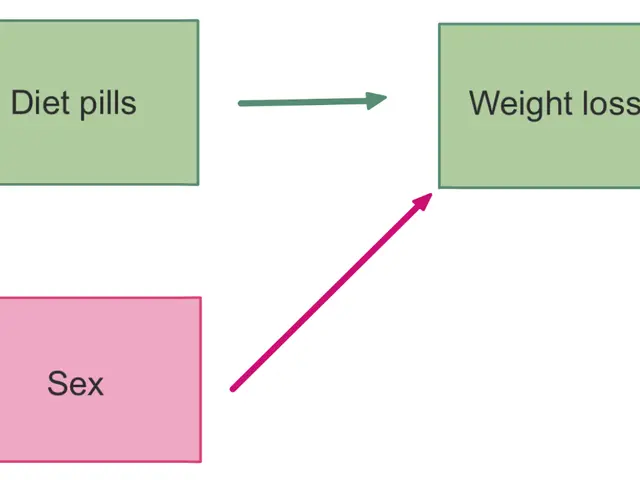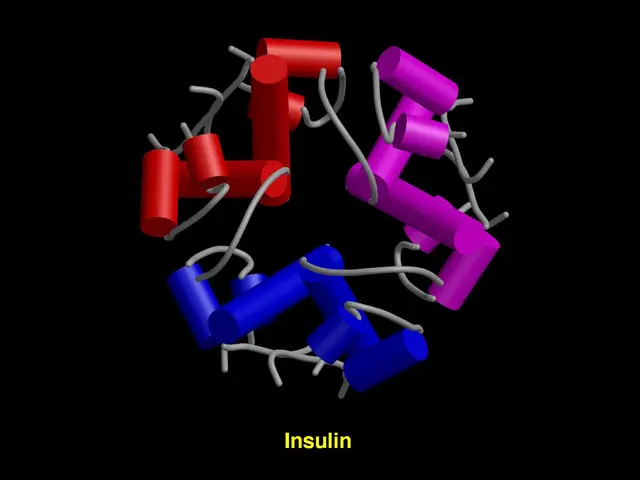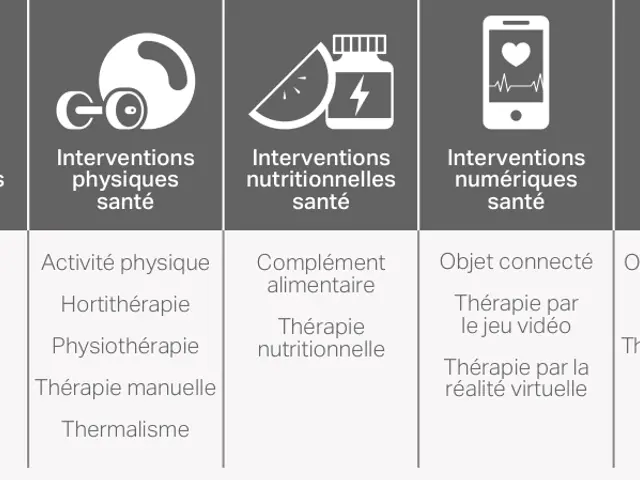Chronic Stress Takes Toll on Gut Health and Mental Well-being
Chronic stress, a persistent and unyielding response, takes a significant toll on both physical and mental health. It can alter the gut microbiome, exacerbating digestive issues, and contributing to mental health problems. Prominent researchers like Dr. Emeran Mayer and Dr. Michael D. Gershon have extensively studied this connection, highlighting the impact of chronic stress on digestion and overall health.
Chronic stress can lead to various digestive issues such as Irritable Bowel Syndrome (IBS), acid reflux, gastrointestinal inflammation, constipation, diarrhea, and appetite changes. It affects the gut microbiome, disrupting gut barrier function and causing systemic inflammation. This stress-gut connection is facilitated by the gut-brain axis, making the digestive system particularly sensitive to chronic stress.
Beyond digestion, chronic stress impacts mental health, increasing the risk of anxiety and depression. It also affects cardiovascular health, immune function, sleep patterns, and can contribute to weight changes. To address chronic stress, a holistic approach is necessary, combining mental health practices like psychotherapy, dietary adjustments, and regular exercise. Relaxation techniques such as deep breathing, progressive muscle relaxation, guided imagery, and aromatherapy can also help reduce stress symptoms. Incorporating stress management into daily life, including time management, hobbies, limiting stimulants, and digital detox, can prevent long-term stress effects and improve overall resilience.
Effective stress management strategies, coupled with a healthy lifestyle, can improve or resolve many stress-induced digestive issues over time. These strategies include mindfulness, meditation, regular exercise, a healthy diet, prioritizing sleep, building social connections, and seeking professional help when needed. Understanding the profound impact of chronic stress on our health underscores the importance of proactive stress management for maintaining both physical and mental well-being.








